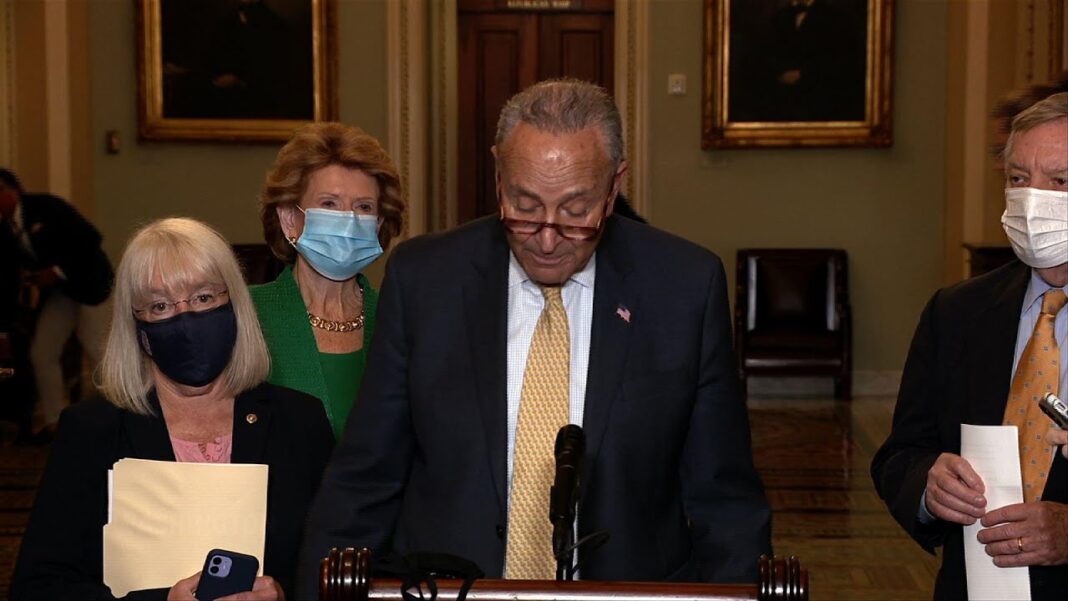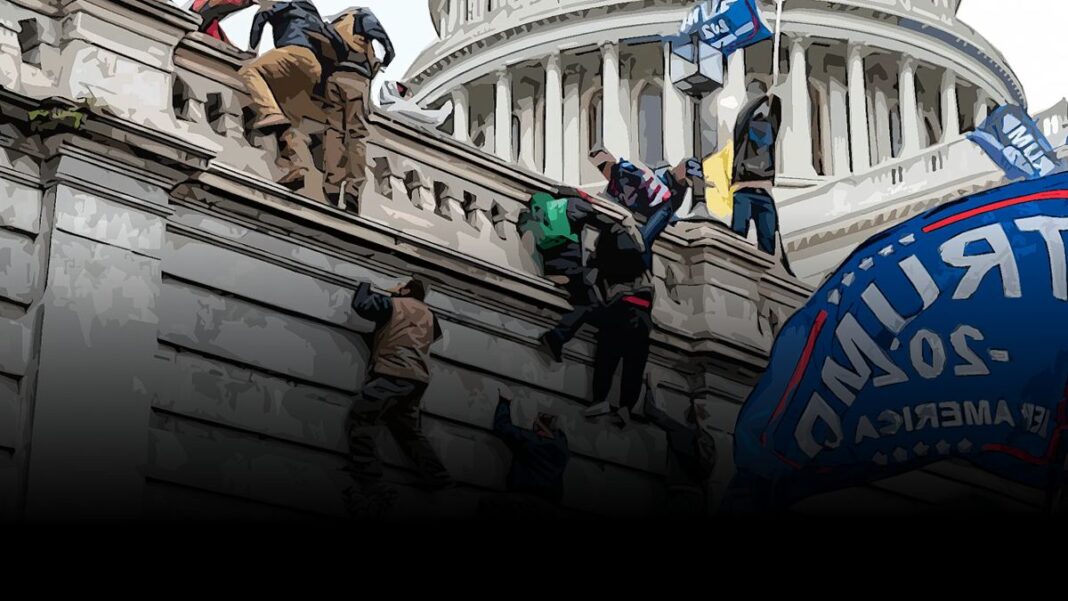The Senate is debating the more than 2,700-page, $1 trillion bipartisan infrastructure bill, with Democrats targeting the weekend of Aug. 6 to finalize the package.
Late Thursday, Senate Majority Leader Chuck Schumer (D-N.Y.) arranged a key vote for Saturday, seeking to end the debate quickly, at which time the bill would need 60 votes to move forward.
Minority Leader Sen. Mitch McConnell (R-Ky.) warned the majority leader to not rush the consideration of amendments.
McConnell said in a statement that the Senate must have “a robust and bipartisan amendment process on legislation of this magnitude. Our full consideration of this bill must not be choked off by any artificial timetable that our Democratic colleagues may have penciled out for political purposes.”
Schumer wants to move from the bipartisan bill to the Democrat’s $3.5 trillion reconciliation bill as soon as possible, with recess and possible challenges over government funding serving as obstacles for the latter measure.
There have been hundreds of amendments offered, but there won’t be time to consider all of them before the weekend.
“Now all week, as we all know, senators have worked together to move forward on the bipartisan infrastructure bill. Since the text of the bipartisan proposal was finalized on Sunday, both sides have had extensive opportunities to offer amendments,” Schumer said on Aug. 5.
He praised his own leadership for allowing more amendments than in the past two years—saying that 22 amendments were considered for the bipartisan bill so far, with half of them coming from the Republican side.
“Today we’ll consider even more amendments, and then hopefully we can bring this bill to a close, very shortly. Our goal is to pass both a bipartisan infrastructure bill and a budget resolution during this work period, and we will stay here to get both done,” Schumer said.
Sen. John Thune (R-S.D.) said he hopes Democrats will allow for the consideration of several more amendments.







